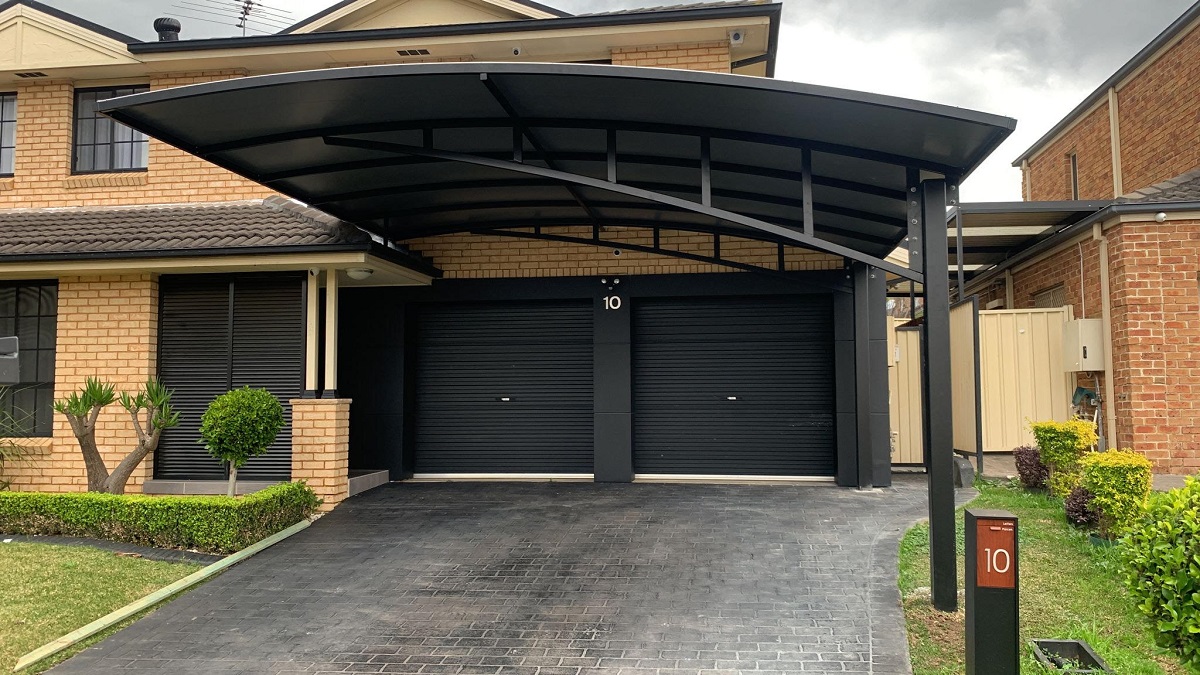

Articles
How Much Does It Cost To Build A Carport
Modified: January 6, 2024
Discover the average cost of building a carport in our informative articles. Gain insights and make informed decisions for your carport construction project.
(Many of the links in this article redirect to a specific reviewed product. Your purchase of these products through affiliate links helps to generate commission for Storables.com, at no extra cost. Learn more)
Introduction
Carports are a popular and practical addition to homes and properties, offering shelter and protection for vehicles, boats, or even outdoor gatherings. If you’re considering building a carport, one of the first questions that comes to mind is, “How much will it cost?” The cost of constructing a carport can vary depending on several factors, such as the size, design, materials used, and whether you choose to build it yourself or hire a professional.
In this article, we will explore the factors that can affect the cost of building a carport, the materials needed, the different carport design options, as well as additional costs to consider. We will also discuss the pros and cons of doing it yourself versus hiring a professional and highlight the importance of obtaining the necessary building permits and complying with regulations. By the end, you should have a better understanding of the cost involved in building a carport and be equipped to make an informed decision.
Before we dive into the specifics, it’s worth noting that the cost of building a carport can vary significantly depending on factors such as location, local labor and material costs, and even the time of year. Therefore, it’s always a good idea to obtain multiple quotes and consult with professionals in your area to get a more accurate estimate. With that said, let’s explore the factors that can influence the cost of building a carport.
Key Takeaways:
- Building a carport involves various factors affecting cost, such as size, materials, and design complexity. Consider high-quality materials, additional expenses, and compliance with regulations for a successful project.
- When deciding between DIY and hiring a professional for carport construction, weigh cost savings, customization, and time commitment against expertise, convenience, and quality of work. Prioritize budget, skills, and personal preferences.
Read more: How Much Does A Carport Cost
Factors Affecting the Cost of Building a Carport
When it comes to building a carport, several factors can impact the overall cost. Understanding these factors will help you plan and budget accordingly. Here are some key factors to consider:
- Size: The size of the carport is one of the most significant factors influencing the cost. A larger carport requires more materials and labor, leading to higher costs. Consider how many vehicles you need to accommodate and any additional space requirements for storage or outdoor activities.
- Materials: The choice of materials will greatly impact the cost of building a carport. Common materials include wood, metal, and vinyl. Each material has its advantages and costs. For example, wood carports tend to be more affordable but may require additional maintenance over time, while metal carports are durable but come with a higher price tag upfront.
- Design Complexity: The complexity of the carport design can also affect costs. Simple, open-sided carports tend to be more affordable, while enclosed or customized designs may require additional materials and skilled labor, thus increasing the overall cost.
- Foundation: The type of foundation you choose can impact the cost. A concrete slab foundation is the most durable and long-lasting option, but it may be more expensive than a gravel or asphalt foundation. Consider the local climate and soil conditions to determine the most suitable and cost-effective foundation for your carport.
- Location: The location of the carport can influence the cost as well. Factors such as local building codes and regulations, accessibility, and site preparation can all impact the construction and associated costs. Consult with local authorities and professionals to ensure compliance with building requirements.
These are just a few of the factors that can affect the cost of building a carport. It’s important to carefully consider each factor and prioritize your needs and budget. By understanding these factors, you can make informed decisions and tailor the carport project to your specific requirements.
Materials Needed for Building a Carport
When it comes to building a carport, choosing the right materials is essential for durability, functionality, and aesthetics. Here are the primary materials you will need:
- Columns or Posts: The columns or posts form the structural support system of the carport. Common materials for columns include wood, steel, or aluminum. Wood offers a traditional look and can be more cost-effective, while steel and aluminum provide durability and strength.
- Roofing Material: The roof is a crucial component of a carport, providing protection from the elements. There are several options to consider, such as metal roofing, shingles, or polycarbonate panels. Metal roofing is durable, low-maintenance, and ideal for areas with heavy snowfall or high winds. Shingles offer a more traditional and aesthetically pleasing look, while polycarbonate panels provide natural light transmission.
- Support Beams: Support beams are essential for providing stability and strength to the carport structure. These beams are typically made of wood, steel, or aluminum. The choice of material depends on factors such as cost, durability, and personal preference.
- Bracing and Connectors: Bracing and connectors help reinforce the structural integrity of the carport. These components include brackets, screws, nails, and other fasteners. It’s important to use high-quality, rust-resistant materials to ensure the longevity of the carport.
- Foundation Material: The foundation provides stability and prevents shifting or sinking. Common options include concrete, asphalt, or gravel. A concrete foundation is the most durable and long-lasting option, while asphalt and gravel can be more cost-effective alternatives, depending on your location and budget.
- Optional Enhancements: Depending on your specific needs, you may want to consider additional enhancements for your carport. These can include sidewalls or partial enclosures for added protection from the elements, gutters and downspouts for proper drainage, and lighting for increased visibility and functionality.
It’s important to choose high-quality materials that are suitable for your climate and match your desired aesthetic. Additionally, consulting with professionals or doing thorough research will help you make informed decisions and ensure that the materials you choose meet your specific needs and budget.
Costs of Different Carport Designs
When it comes to carport designs, there are several options to choose from, each with its own unique features and associated costs. Here are some common carport designs and their estimated costs:
- Traditional Carport: A traditional carport is a simple and open-sided structure supported by columns and beams. This design offers basic protection from the elements and is often the most affordable option. The cost of building a traditional carport can range from $1,000 to $3,000, depending on the size and materials used.
- Attached Carport: An attached carport is built directly against an existing structure, such as a house or garage. This design offers convenient access and can blend seamlessly with the existing architecture. The cost of an attached carport can vary depending on the complexity of the design and materials used, but it typically ranges from $2,500 to $6,000.
- Freestanding Carport: A freestanding carport is not attached to any existing structure and is supported by columns or posts. This design provides flexibility in terms of size and placement. The cost of a freestanding carport typically starts at around $2,500 and can go up depending on the size, materials, and additional features chosen.
- Customized Carport: If you have specific requirements or prefer a unique design, you can opt for a customized carport. This may include features such as additional storage areas, enclosed sides, or specialized roofing materials. The cost of a customized carport will depend on the complexity of the design, materials selected, and any additional features. It is recommended to consult with professionals to get an accurate estimate for your specific design.
Keep in mind that these cost ranges are estimates and can vary depending on factors such as location, materials used, and labor costs. It’s always a good idea to obtain multiple quotes from reputable contractors or suppliers to get a better understanding of the costs involved.
When considering different carport designs, it’s essential to balance your budget with the functionality and aesthetic appeal you desire. Remember to consider long-term maintenance costs and durability when choosing materials and design options for your carport.
Additional Costs to Consider
When budgeting for a carport project, it’s important to take into account additional costs beyond the basic materials and construction. Here are some additional expenses you should consider:
- Site Preparation: Depending on the condition of the area where the carport will be built, you may need to prepare the site by clearing vegetation, leveling the ground, or removing any obstacles. Site preparation costs can vary significantly depending on the size of the area and the amount of work required.
- Permits and Regulations: Before constructing a carport, you may need to obtain building permits and comply with local regulations. The cost of permits can vary, and it’s important to factor in any associated fees or inspections that may be required. Consult with your local building department to understand the specific requirements and costs in your area.
- Electrical and Lighting: If you would like to add lighting or electrical outlets to your carport, there may be additional costs involved. Hiring an electrician to install wiring and outlets will increase the overall project cost. Consider whether you will need electricity for lighting, security systems, or charging stations when planning your carport project.
- Painting or Finishing: While not necessary for all carports, you may choose to paint or finish the structure to enhance its appearance or protect it from the elements. The cost of painting or finishing materials should be factored into your budget, as well as any labor costs if you decide to hire professionals for the job.
- Upgrades and Accessories: Depending on your needs and preferences, you may want to add upgrades or accessories to your carport. This can include items such as storage cabinets, shelving units, or additional features like carport extensions for multiple vehicles. These additions will incur extra costs, so consider your requirements and budget before committing to any upgrades.
- Maintenance Costs: It’s important to consider the long-term maintenance costs of your carport. Depending on the materials used, you may need to periodically clean, repair, or replace certain components to ensure the carport’s longevity. Factor in any maintenance expenses when evaluating the overall cost and value of your carport project.
By accounting for these additional costs, you can ensure that your budget is comprehensive and realistic. Remember to research, plan, and obtain accurate estimates to avoid any surprises or unexpected expenses along the way.
DIY vs. Hiring a Professional
One of the decisions you’ll need to make when planning to build a carport is whether to tackle the project yourself or hire a professional contractor. Both options have their advantages and considerations. Here’s a breakdown of the pros and cons of DIY versus hiring a professional:
DIY
Building a carport yourself can be a fulfilling and cost-effective option. Here are some benefits of taking the DIY route:
- Cost Savings: By doing it yourself, you can potentially save money by eliminating labor costs. However, keep in mind that you’ll still need to purchase materials and tools.
- Flexibility and Control: DIY allows you to have full control over the design and implementation of your carport. You can customize it to suit your specific preferences and needs.
- Sense of Accomplishment: Completing a DIY carport project can be a rewarding experience. It allows you to learn new skills and have a sense of pride in constructing something with your own hands.
- Schedule: Since you are in charge, you have the flexibility to work on the project at your own pace and according to your availability.
However, it’s important to consider the potential challenges and drawbacks of DIY:
- Time and Effort: Building a carport requires time, physical labor, and construction knowledge. It can be a significant undertaking, especially if you have limited experience or a busy schedule.
- Mistakes and Inefficiencies: Without professional expertise, you may encounter challenges or make mistakes along the way, which can lead to wasted time and materials.
- Tools and Equipment: DIY carport construction often requires specific tools and equipment. If you don’t already own them, you’ll need to factor in the cost of renting or purchasing them.
- Permits and Regulations: DIY builders are responsible for obtaining any necessary permits and ensuring compliance with local building codes and regulations.
Hiring a Professional
Hiring a professional contractor can provide several benefits when building a carport:
- Expertise and Experience: Professionals have the knowledge, skills, and experience to construct carports efficiently and to code.
- Time and Convenience: Hiring a professional frees up your time and eliminates the physical labor required, allowing you to focus on other tasks or responsibilities.
- Quality of Work: Professionals can deliver high-quality craftsmanship and ensure that the carport is built to last.
- Permits and Regulations: Professional contractors are familiar with local building codes and can handle the process of obtaining necessary permits on your behalf.
However, it’s essential to consider the potential drawbacks of hiring a professional:
- Costs: Hiring a professional contractor can significantly increase the cost of your carport project. It’s important to obtain multiple quotes and evaluate the value in terms of expertise and time saved.
- Limited Customization: While professionals can deliver high-quality work, customization options may be limited compared to a DIY approach.
Ultimately, the decision between DIY and hiring a professional depends on factors such as your budget, time availability, skill level, and personal preferences. Carefully evaluate the pros and cons of each option before making your choice.
When budgeting for a carport, consider factors such as size, materials, labor, and any additional features like lighting or storage. Get quotes from multiple contractors to compare costs.
Building Permits and Regulations
When planning to build a carport, it is vital to understand the building permits and regulations that are applicable in your area. Failing to comply with these requirements can result in fines, delays, and potential legal issues. Here’s what you need to know:
Read more: How Much To Build A Carport
Permits
Building permits are official approvals granted by local authorities that allow you to proceed with your carport construction project. The specific requirements for permits can vary depending on your location, so it’s crucial to research and understand the regulations in your area. Here’s why permits are important:
- Compliance: Obtaining the necessary permits ensures that your carport construction meets all local building codes and regulations.
- Safety: Permit requirements are designed to ensure the safety of the structure and those who will use it. It ensures that the carport is built to withstand environmental factors, such as wind and snow loads.
- Inspections: Part of the permit process may involve inspections by qualified professionals to ensure that the construction complies with the approved plans and meets safety standards at various stages of the project.
- Property Value: A well-documented and permitted carport can add value to your property, as potential buyers will appreciate the reassurance that the structure was built according to regulations.
Regulations
In addition to obtaining permits, it’s important to be aware of any specific regulations or restrictions that apply to carport construction in your area. Here are some common regulations you may need to consider:
- Setback Requirements: Setback requirements define the minimum distance between your carport structure and property lines or other structures. This ensures that there is adequate space and prevents encroachment on neighboring properties.
- Maximum Height and Size: Many areas have regulations in place regarding the maximum height and size of carports. These regulations aim to maintain consistency within the neighborhood and prevent structures from becoming disproportionately large or obstructive.
- Architectural Guidelines: In some communities, there may be architectural guidelines or homeowner association (HOA) rules that dictate the aesthetic and design aspects of carports. It’s important to be familiar with these guidelines to ensure compliance.
- Drainage and Runoff: Depending on the location of your carport, there may be regulations regarding proper drainage and runoff management to prevent flooding or water damage.
To navigate the permit and regulations process effectively, consider the following steps:
- Research: Research the specific requirements and regulations for carport construction in your area. Contact your local building department or visit their website to obtain the necessary information.
- Consult Professionals: If you’re unsure about the regulations or find the process overwhelming, consider consulting with professionals such as architects, contractors, or permit expeditors. They can provide guidance and assistance throughout the permit and regulations process.
- Document Everything: Keep detailed records of your permit application, inspections, and any correspondence with local authorities. This will help you stay organized and provide evidence of compliance if questions or issues arise.
By understanding and following the building permits and regulations, you can ensure that your carport construction project is legal, safe, and compliant with local requirements.
Conclusion
Building a carport can provide valuable shelter and protection for your vehicles or outdoor activities. Before embarking on this project, it’s essential to consider the various factors that can impact the cost, such as the size, materials, design complexity, foundation, and location. By carefully evaluating these factors, you can determine a realistic budget and make informed decisions about the type of carport that best suits your needs.
Remember that the materials you choose for your carport, such as columns, roofing, support beams, bracing, and foundation, will greatly influence its durability, maintenance requirements, and aesthetic appeal. It’s important to select high-quality materials that are suitable for your climate and budget.
In addition to the construction costs, there are other financial considerations to keep in mind, such as site preparation, permits, electrical and lighting, painting or finishing, upgrades and accessories, and long-term maintenance expenses. By accounting for these additional costs, you can create a more accurate and comprehensive budget for your carport project.
Selecting between a DIY approach or hiring a professional contractor is a decision that depends on your skills, available time, and budget. DIY may provide cost savings and a sense of accomplishment, but it requires time, effort, and knowledge. Hiring a professional offers expertise, convenience, and efficient construction, but it comes with additional costs. Consider your personal abilities and resources before making a choice.
Finally, it’s crucial to obtain the necessary building permits and comply with local regulations. Failing to do so can result in expensive fines and legal complications. Researching permit requirements and understanding local regulations is essential for a smooth and successful carport construction process.
In conclusion, building a carport can be a rewarding and practical investment for your property. By considering the factors affecting the cost, selecting the right materials, and understanding the regulations, you can ensure a well-designed, durable, and compliant carport that meets your needs. Whether you choose to DIY or hire a professional, proper planning, budgeting, and adherence to regulations will help you achieve a successful carport construction project.
Frequently Asked Questions about How Much Does It Cost To Build A Carport
Was this page helpful?
At Storables.com, we guarantee accurate and reliable information. Our content, validated by Expert Board Contributors, is crafted following stringent Editorial Policies. We're committed to providing you with well-researched, expert-backed insights for all your informational needs.
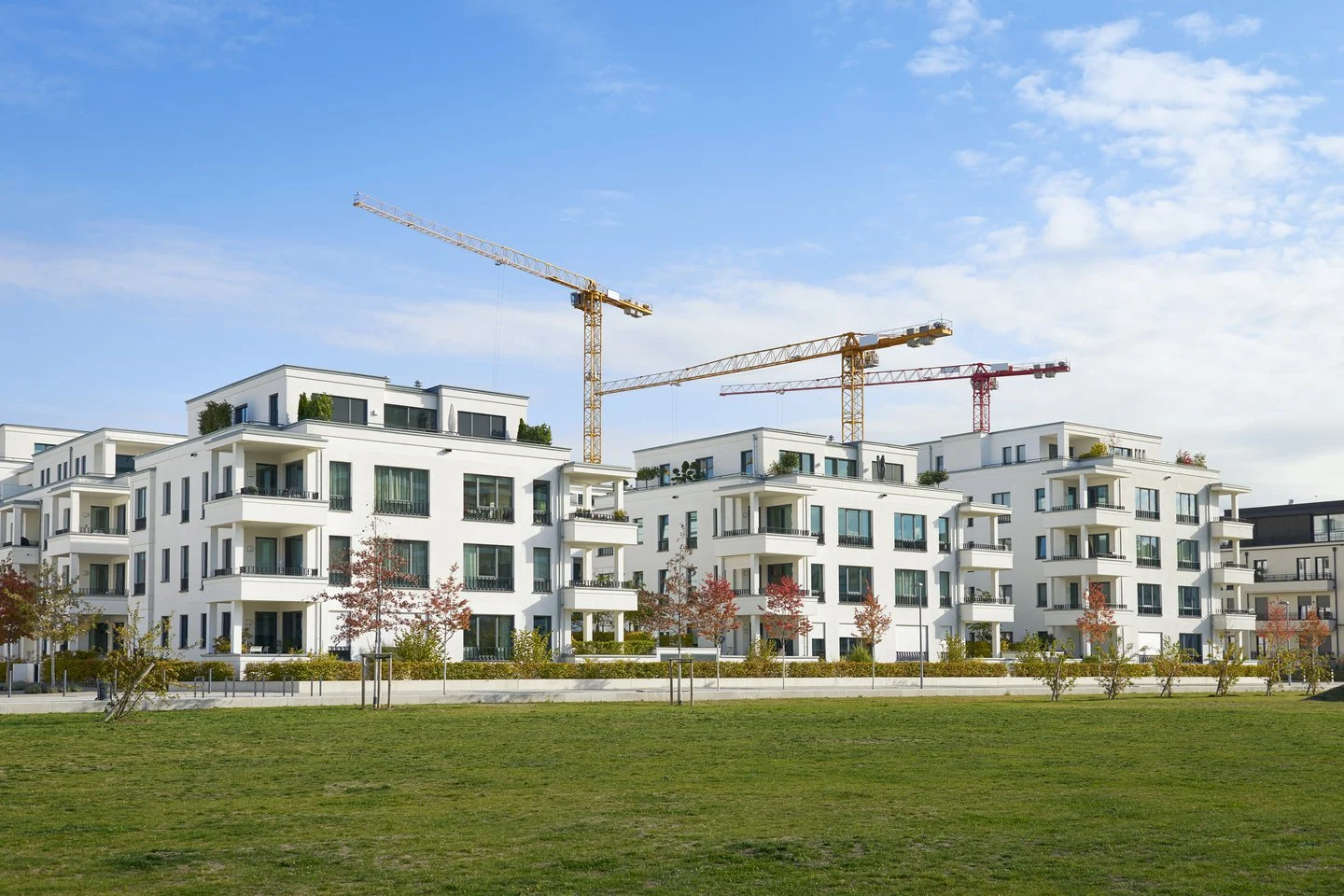
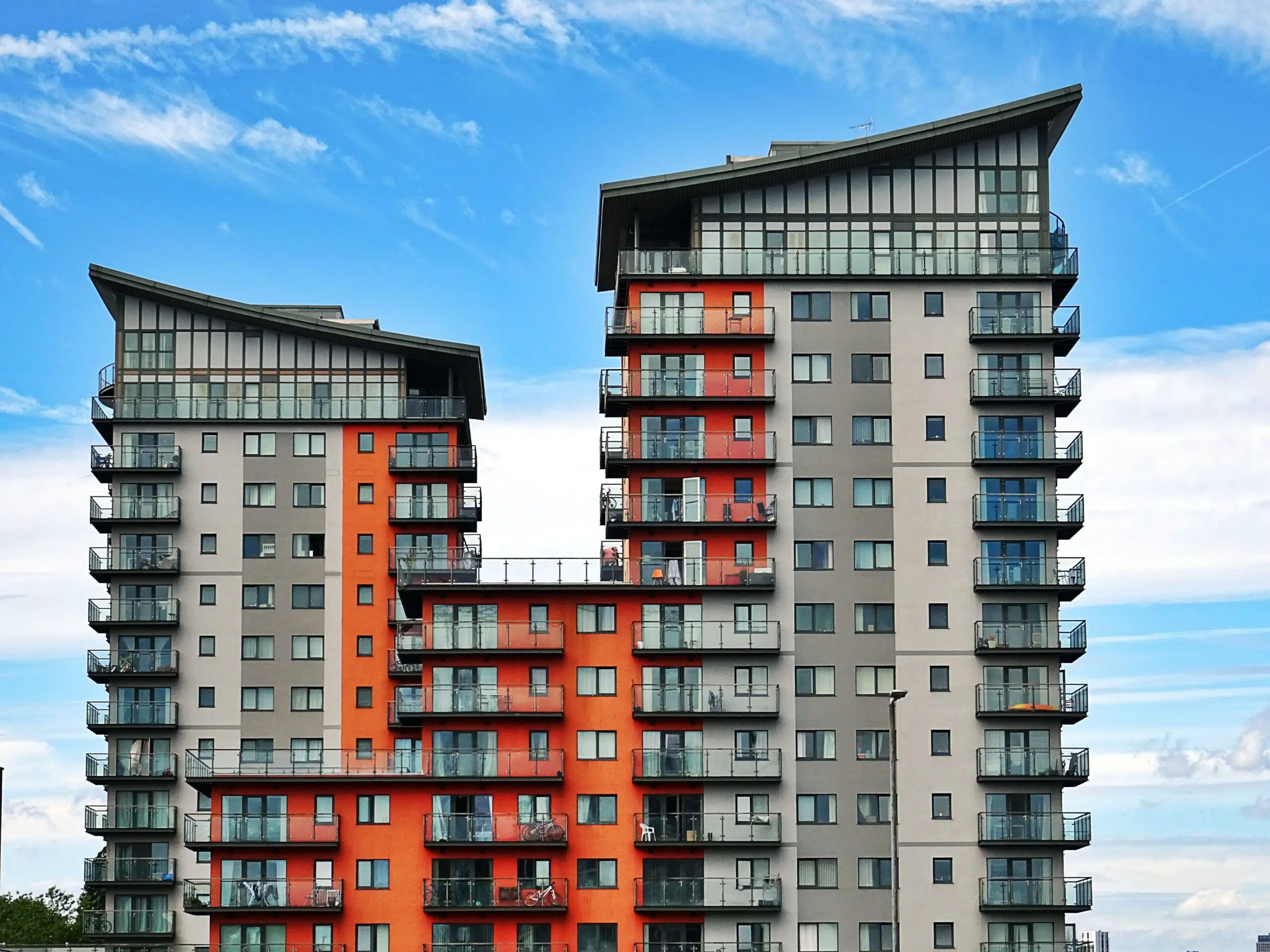
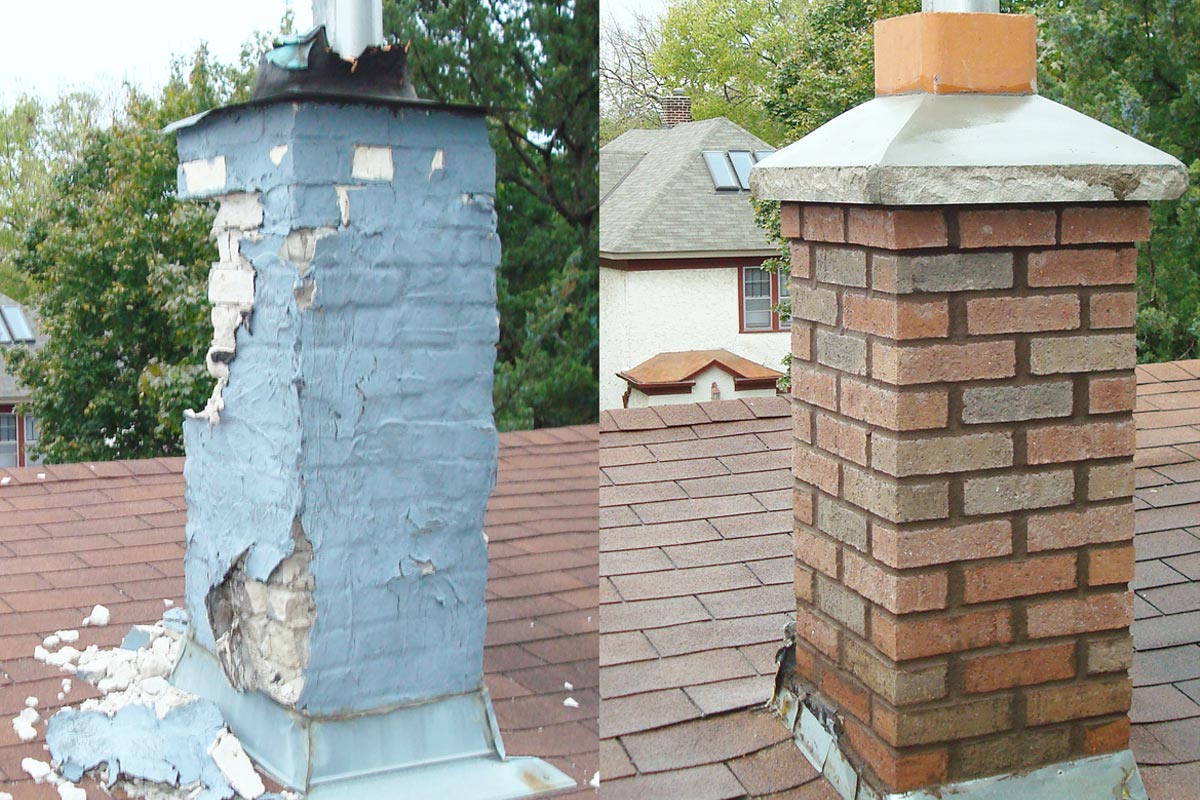

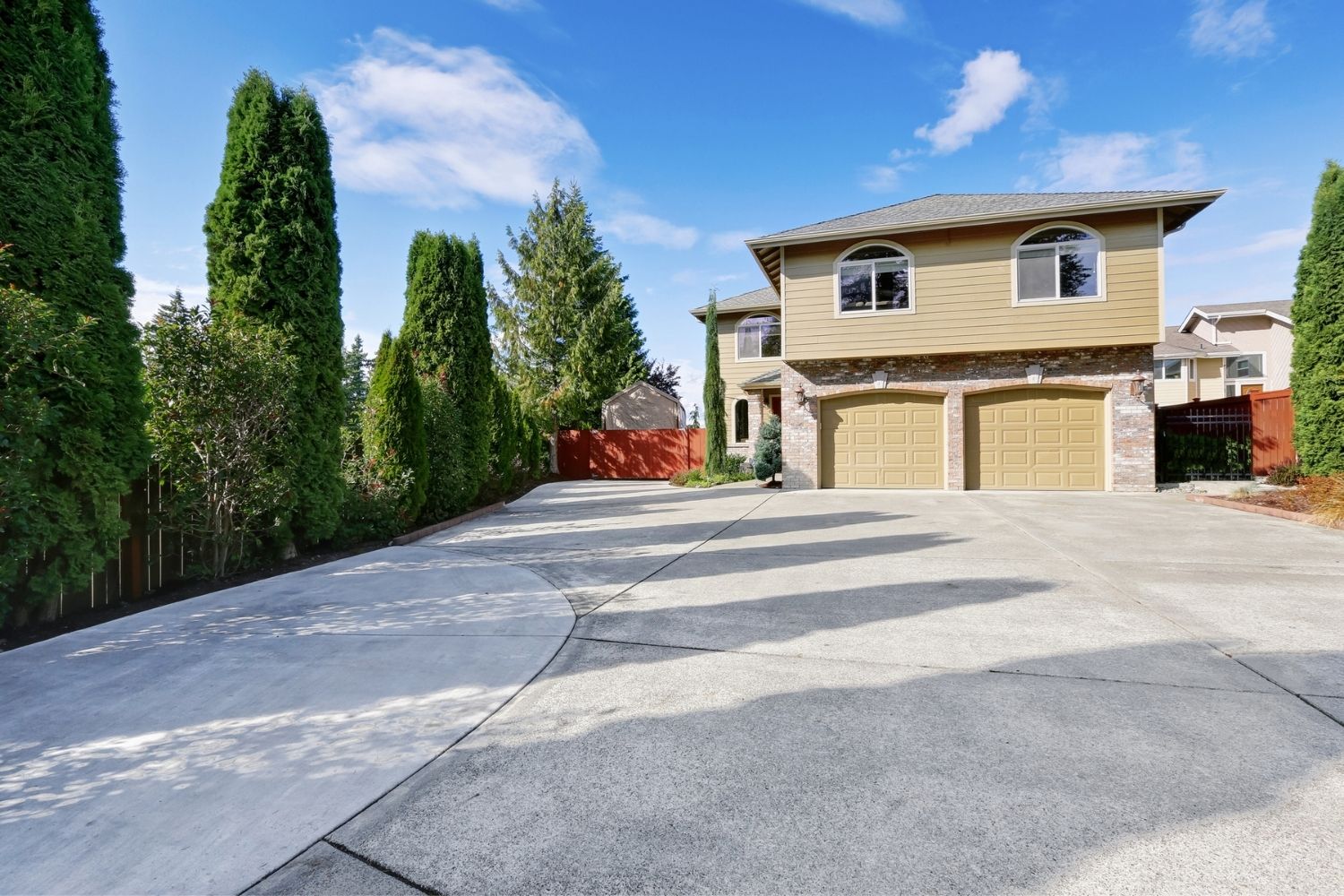
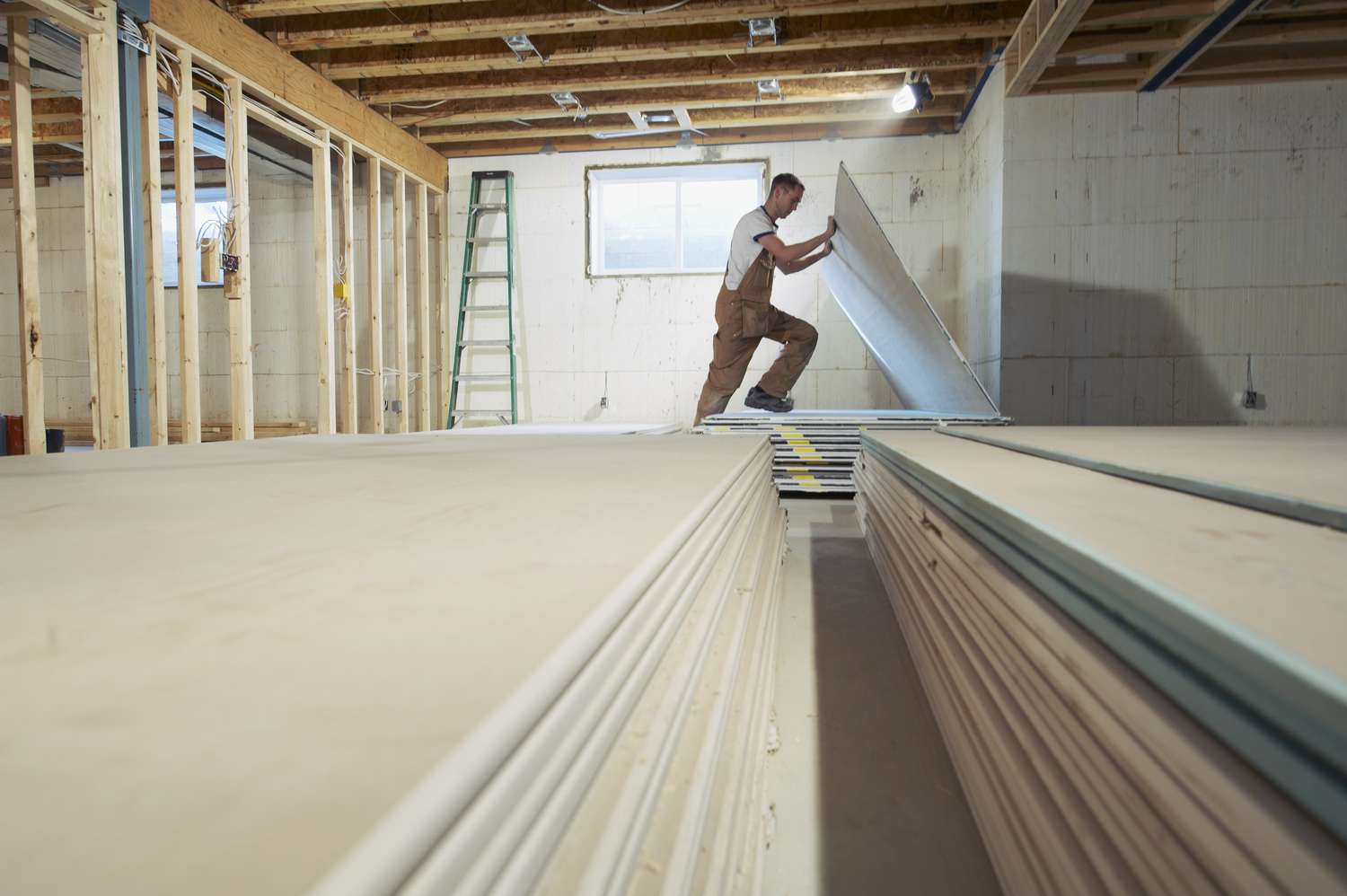
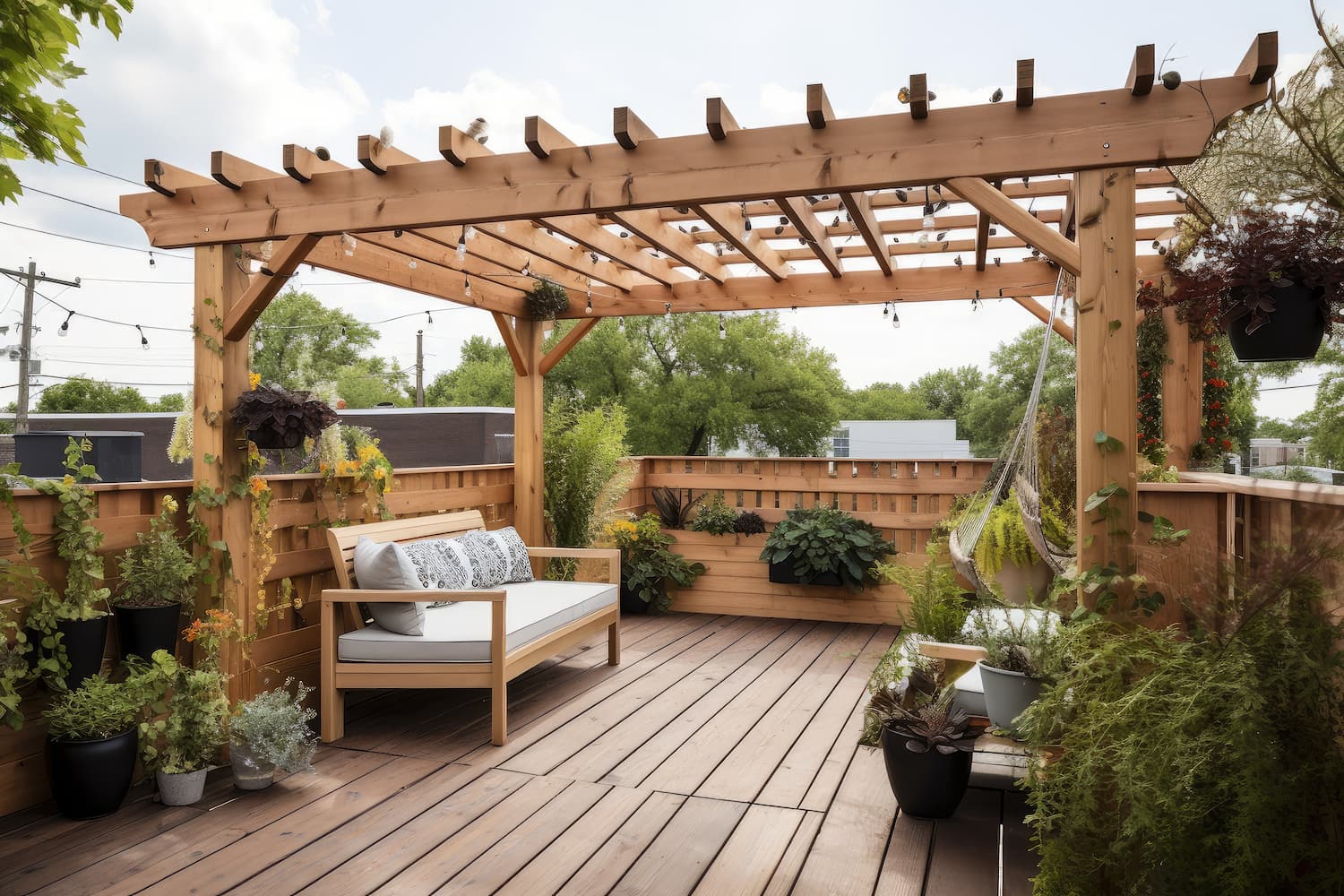
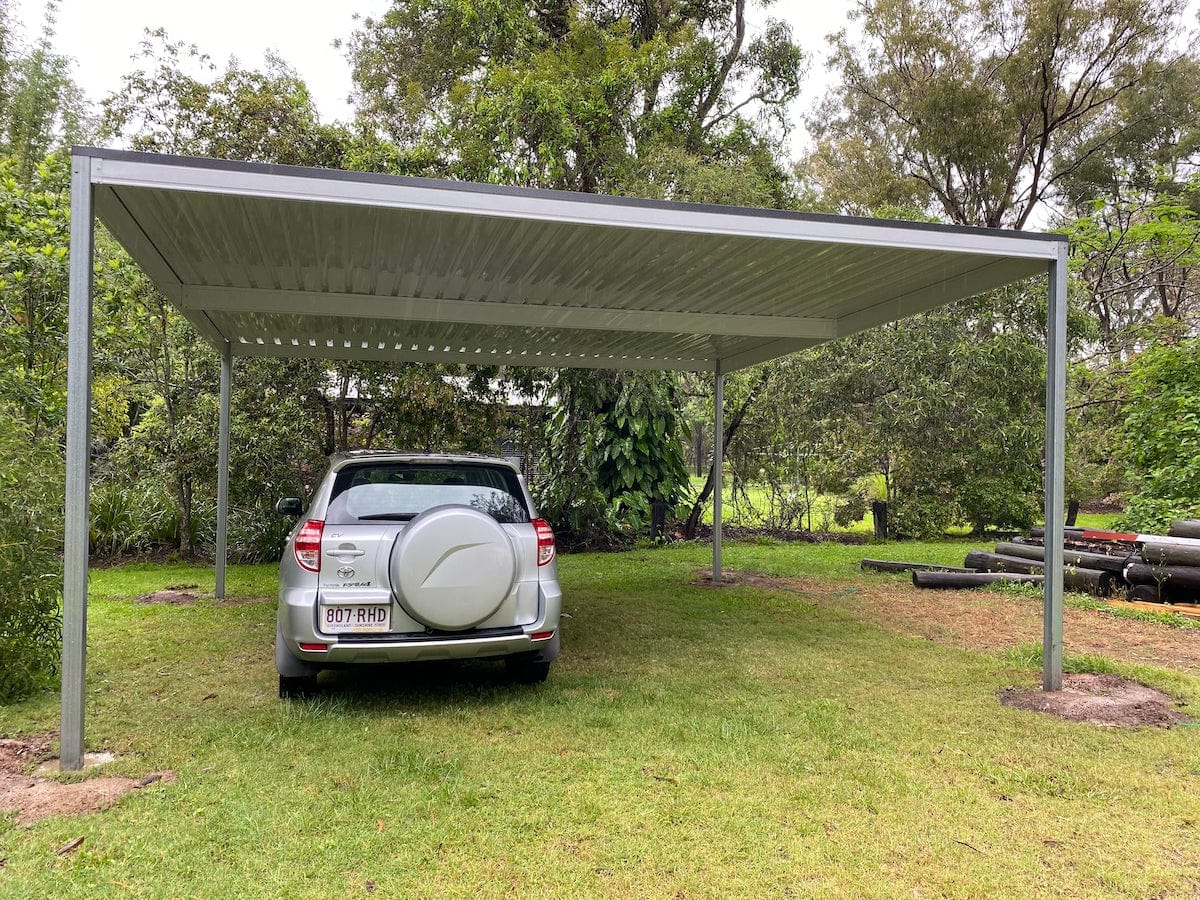
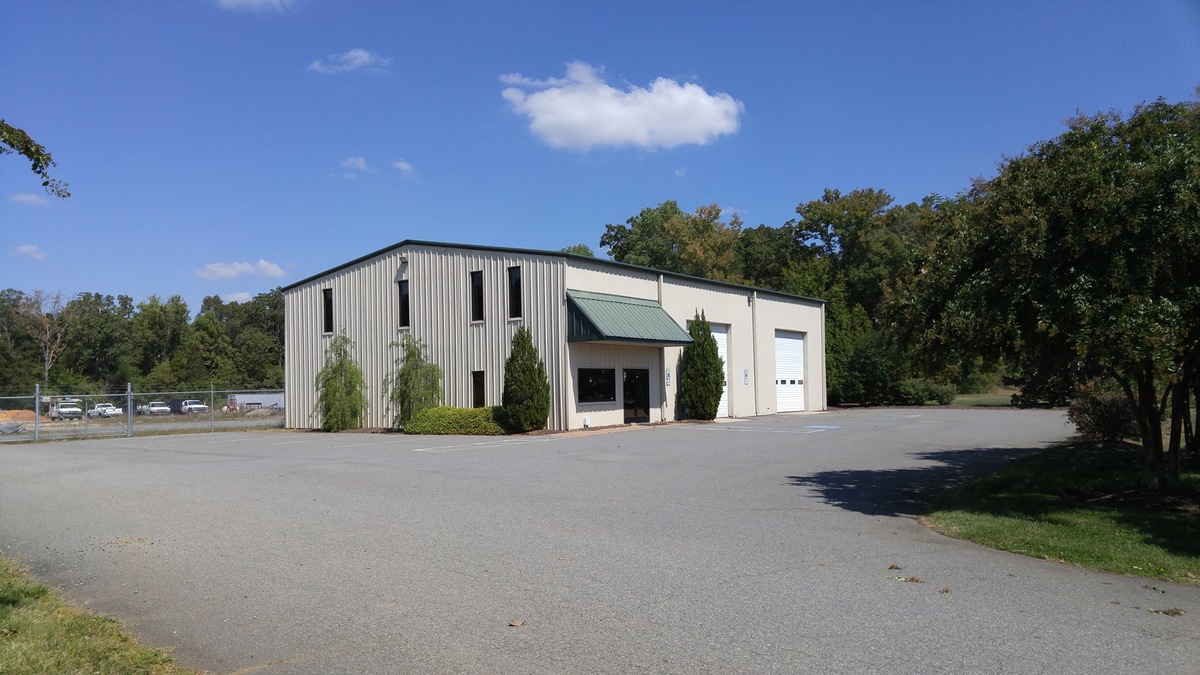
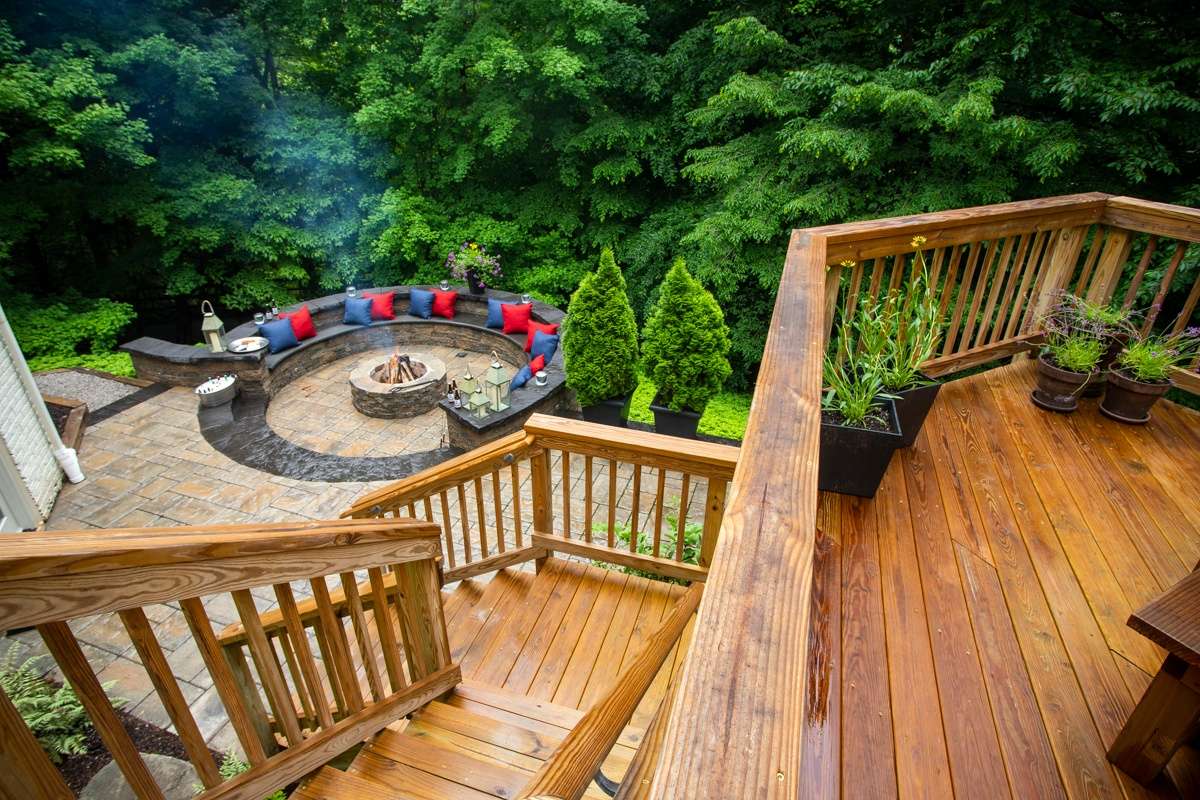
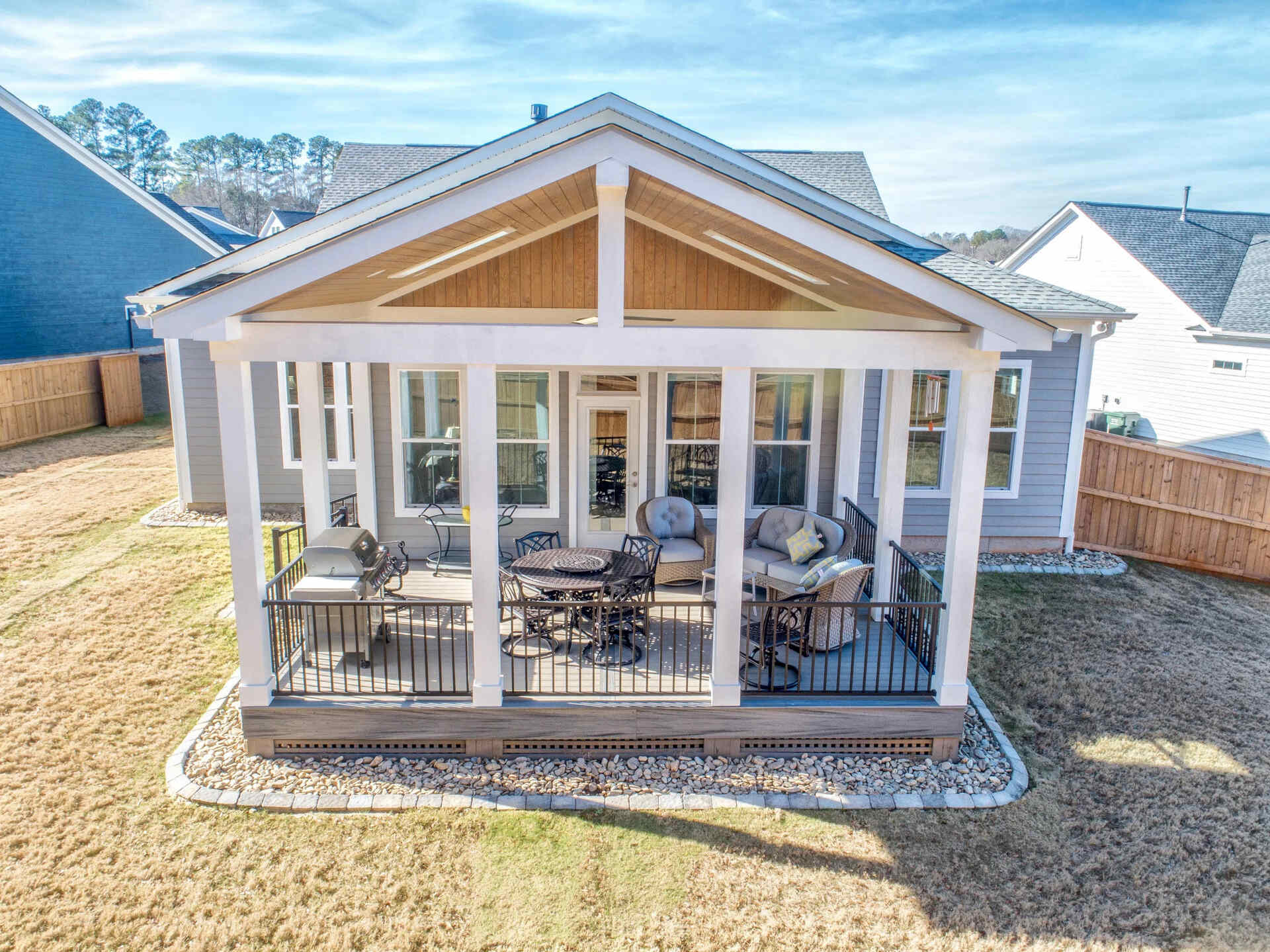
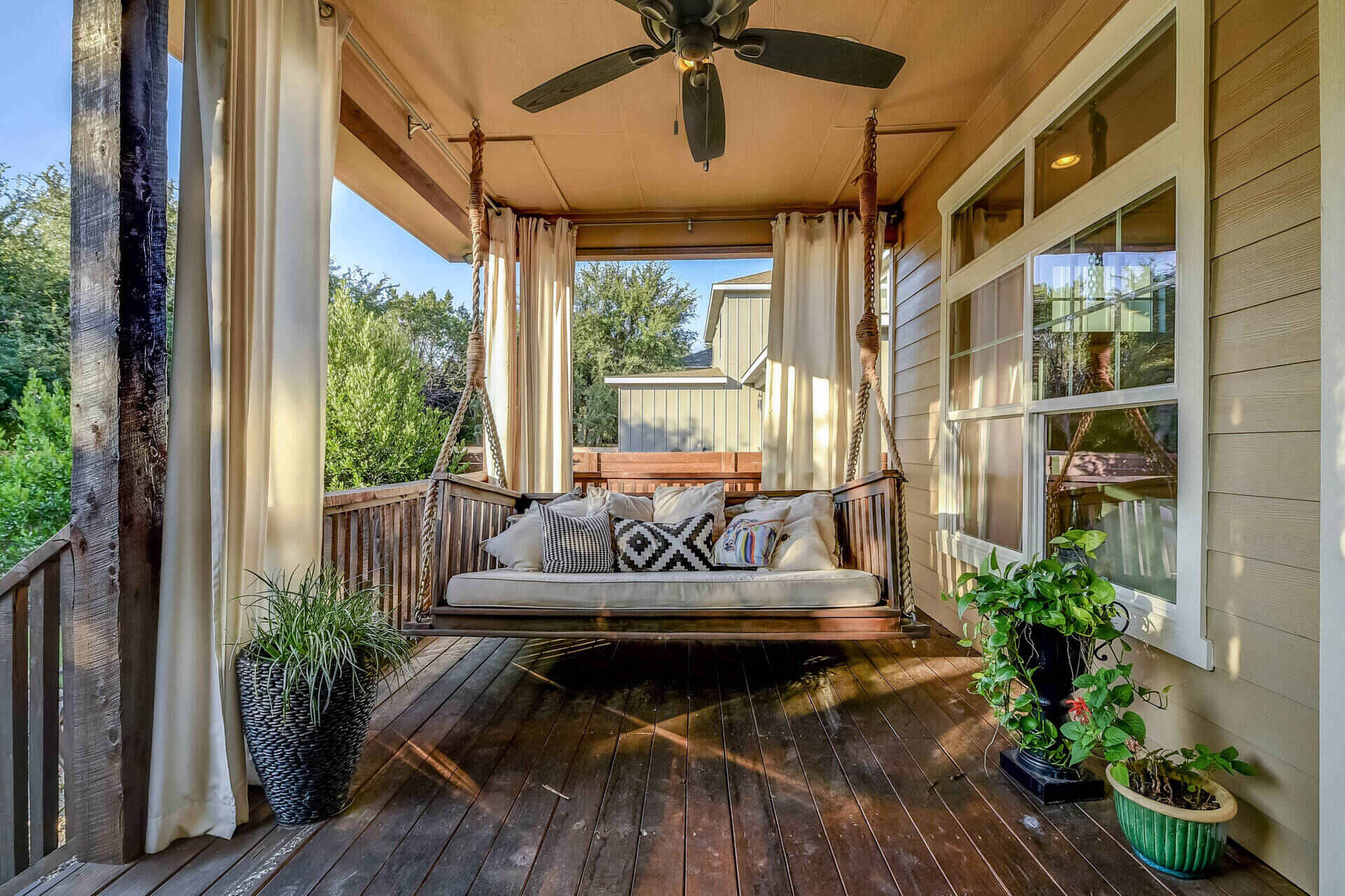
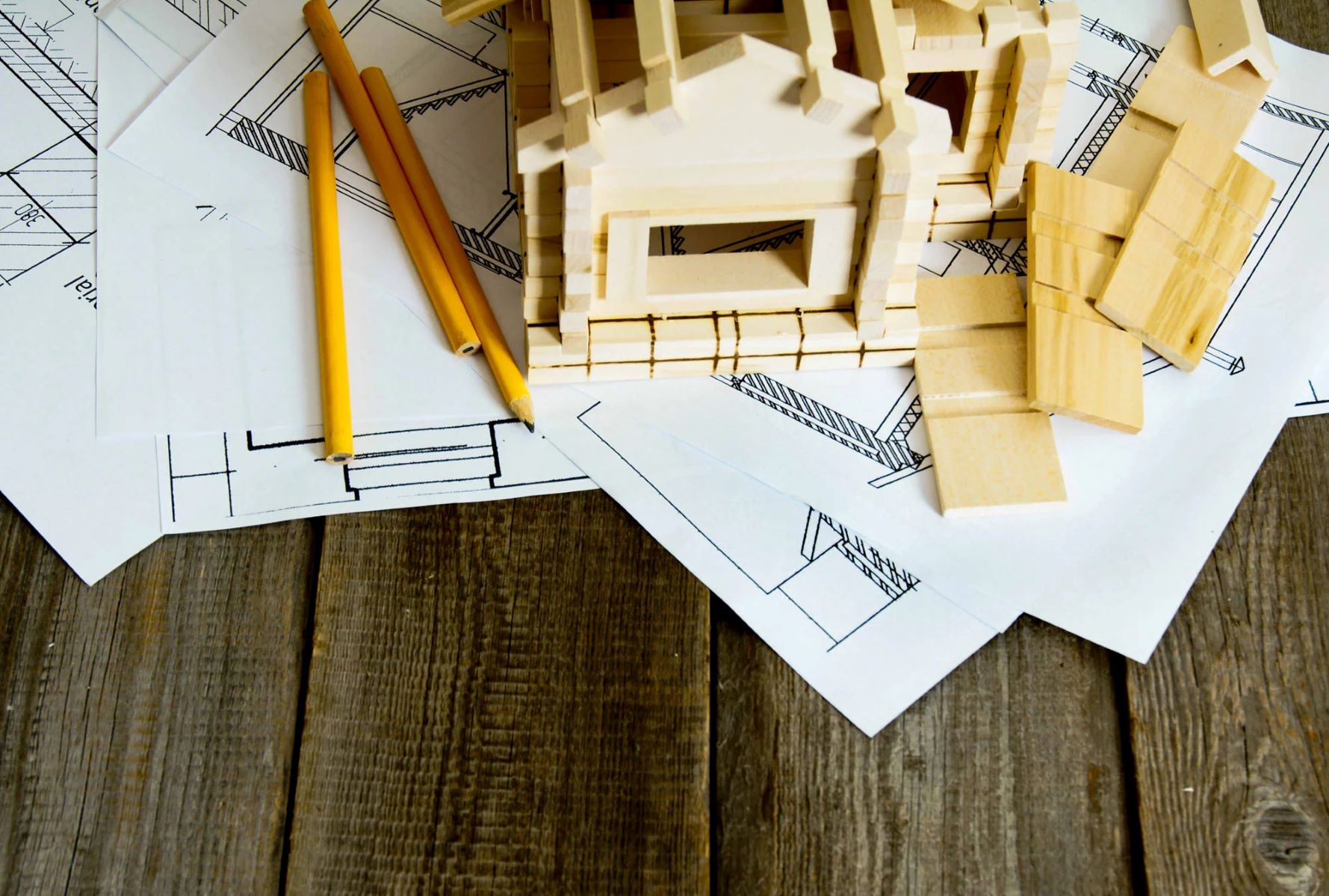

0 thoughts on “How Much Does It Cost To Build A Carport”